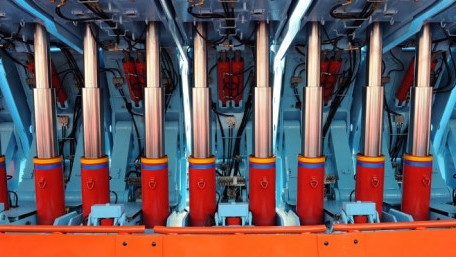
What if you could control the end position and the speed of a hydraulic actuator accurately with just a simple signal? Some systems use simple open/close valves,…
What if you could control the end position and the speed of a hydraulic actuator accurately with just a simple signal? Some systems use simple open/close valves, but others require far more precision.
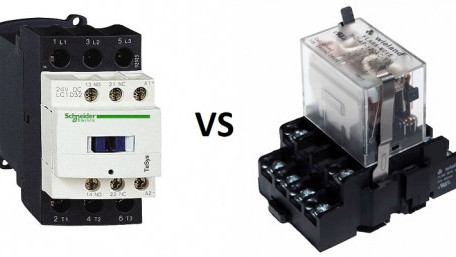
Although the are similarities in operating theory, relays and contactors are used in industrial circuits for different…
Although the are similarities in operating theory, relays and contactors are used in industrial circuits for different specific applications, and should not be used interchangeably.
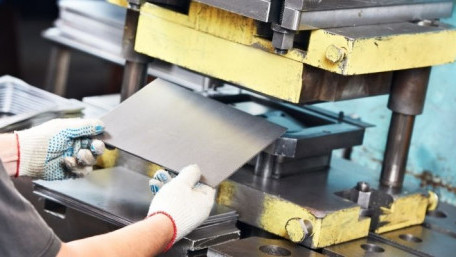
In honor of May the 4th, Star Wars Day, we compare the sources and applications of the two most common force-delivery…
In honor of May the 4th, Star Wars Day, we compare the sources and applications of the two most common force-delivery systems - mechanical and hydraulic.
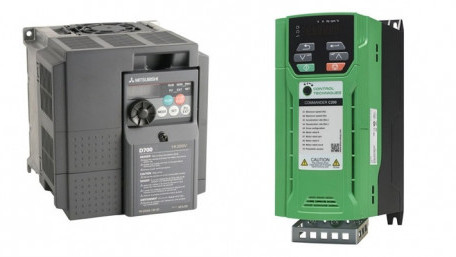
Two common methods exist for driving induction motors with VFDs - linear scalar control, which is often labeled as V/f,…
Two common methods exist for driving induction motors with VFDs - linear scalar control, which is often labeled as V/f, and vector, or field-oriented control, which can be a bit more complex to understand.
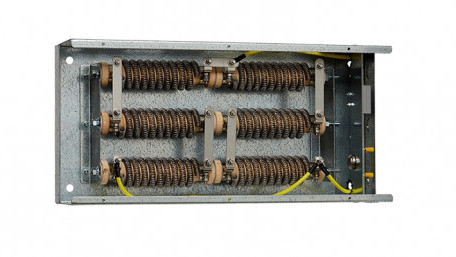
Large DC and AC motor drives often provide terminals for installing a braking resistor. What are these resistors, and how…
Large DC and AC motor drives often provide terminals for installing a braking resistor. What are these resistors, and how do they slow down a machine? What hazards and cautions must be considered?
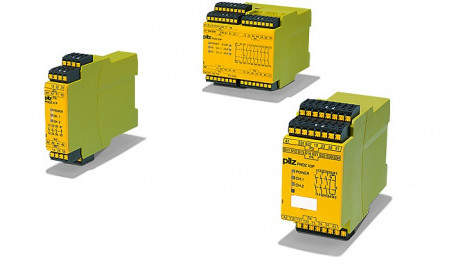
Redundancy and safety are often seen together in industrial safety systems. Safety relays monitor emergency devices to…
Redundancy and safety are often seen together in industrial safety systems. Safety relays monitor emergency devices to switch contacts based on status - but what makes them different from normal relays?
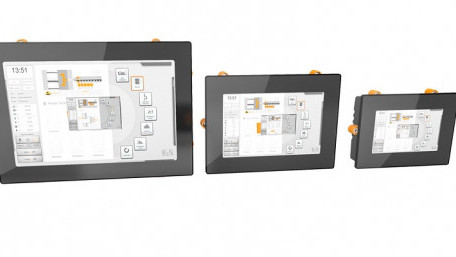
With the increasing appearance of “web-based” HMIs, we investigate these devices, learn how they differ from the…
With the increasing appearance of “web-based” HMIs, we investigate these devices, learn how they differ from the graphical HMIs, and see implications for our modern control system architecture.
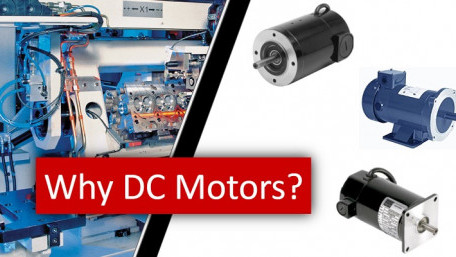
AC motors are common throughout industry - easily controlled by VFDs and without the maintenance that comes with DC…
AC motors are common throughout industry - easily controlled by VFDs and without the maintenance that comes with DC brushes. So then, why are DC motors still used in certain applications?
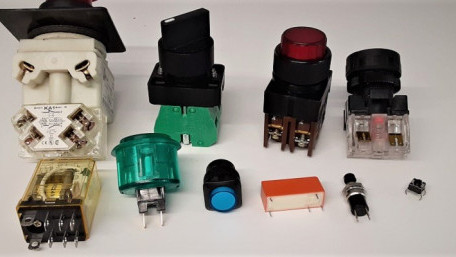
Before digital control systems, responses were fairly slow. Push a button, and a motor contactor engaged. These days, the…
Before digital control systems, responses were fairly slow. Push a button, and a motor contactor engaged. These days, the speed of computers introduces some new challenges but brings solutions as well.
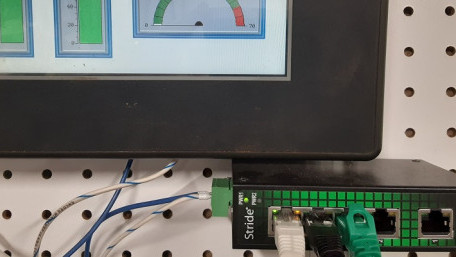
Modbus is a communication protocol stemming from the early days of Modicon PLCs, but is still common today. These two…
Modbus is a communication protocol stemming from the early days of Modicon PLCs, but is still common today. These two example implementations of Modbus transactions will get you started.
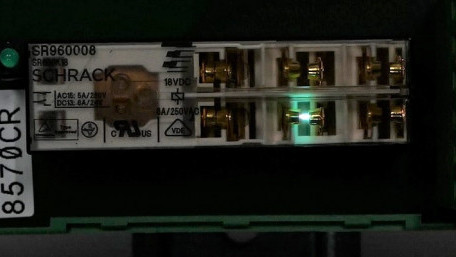
Inductive loads, such as solenoids and contactors, can cause arcs and failures back into electromechanical switching…
Inductive loads, such as solenoids and contactors, can cause arcs and failures back into electromechanical switching devices, causing costly downtime. The solution is cheaper than you think.
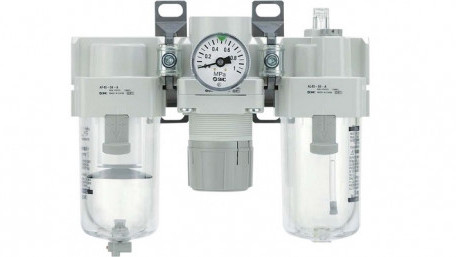
Moisture inside industrial pneumatic systems is a major cause for concern, and if the air is not filtered or dried…
Moisture inside industrial pneumatic systems is a major cause for concern, and if the air is not filtered or dried properly, it can lead to serious failures.
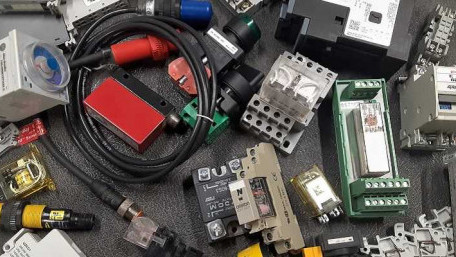
Failures of I/O systems are a common source of headache for control engineers. Troubleshooting those devices that have…
Failures of I/O systems are a common source of headache for control engineers. Troubleshooting those devices that have polarized connections (source vs sink, and NPN vs PNP) is a technique worth refining.

The fourth pillar of effective statistical process control (SPC) is the use of designed experiments used to learn as much…
The fourth pillar of effective statistical process control (SPC) is the use of designed experiments used to learn as much as possible from a limited number of experiments, yet remain statistically relevant enough to be useful.
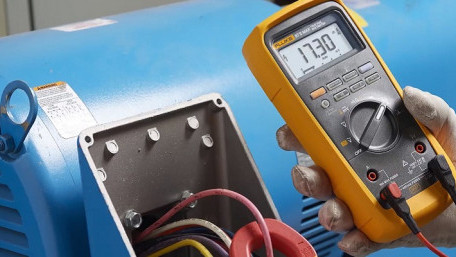
Analog and digital multimeters have both enjoyed popularity in different generations of electrical systems. What is…
Analog and digital multimeters have both enjoyed popularity in different generations of electrical systems. What is unique about the analog meters, and in what situations might they be preferred over their digital counterparts?
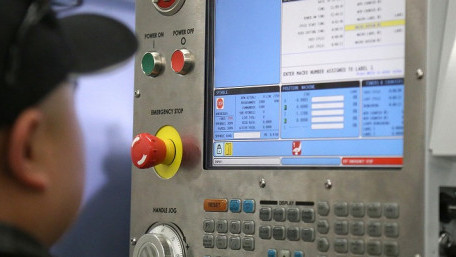
Statistical process control (SPC) allows for continual improvement process (CIP), a method of optimizing a process driven…
Statistical process control (SPC) allows for continual improvement process (CIP), a method of optimizing a process driven by data and statistical methods.

Learn how control charts are used in statistical process control (SPC) to show how a process changes with time as…
Learn how control charts are used in statistical process control (SPC) to show how a process changes with time as compared to past measurements, providing reliable visualizations for data-driven decisions.
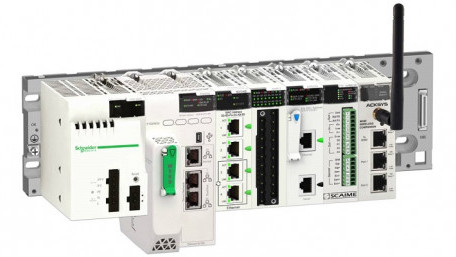
What is a PLC? This article will lay out a succinct definition of a programmable logic controller and explain its basic…
What is a PLC? This article will lay out a succinct definition of a programmable logic controller and explain its basic components.
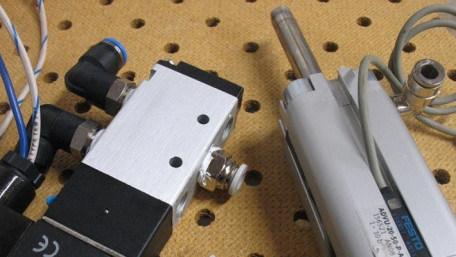
Pressure and flow rate are terms used in all areas of hydraulic and pneumatic systems. Learn the definition and science…
Pressure and flow rate are terms used in all areas of hydraulic and pneumatic systems. Learn the definition and science of these terms, and the reason they are so important within industry.
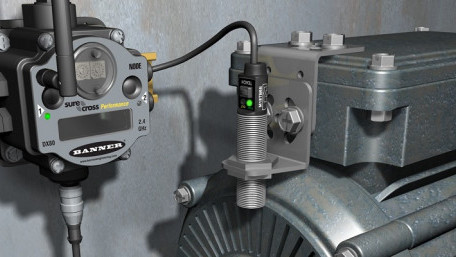
Statistical process control (SPC) is meaningless without the proper collection and analysis of data. For some process…
Statistical process control (SPC) is meaningless without the proper collection and analysis of data. For some process parameters, this is a simple task. But not every part of a process is driven by simple, quantitative parameters.
